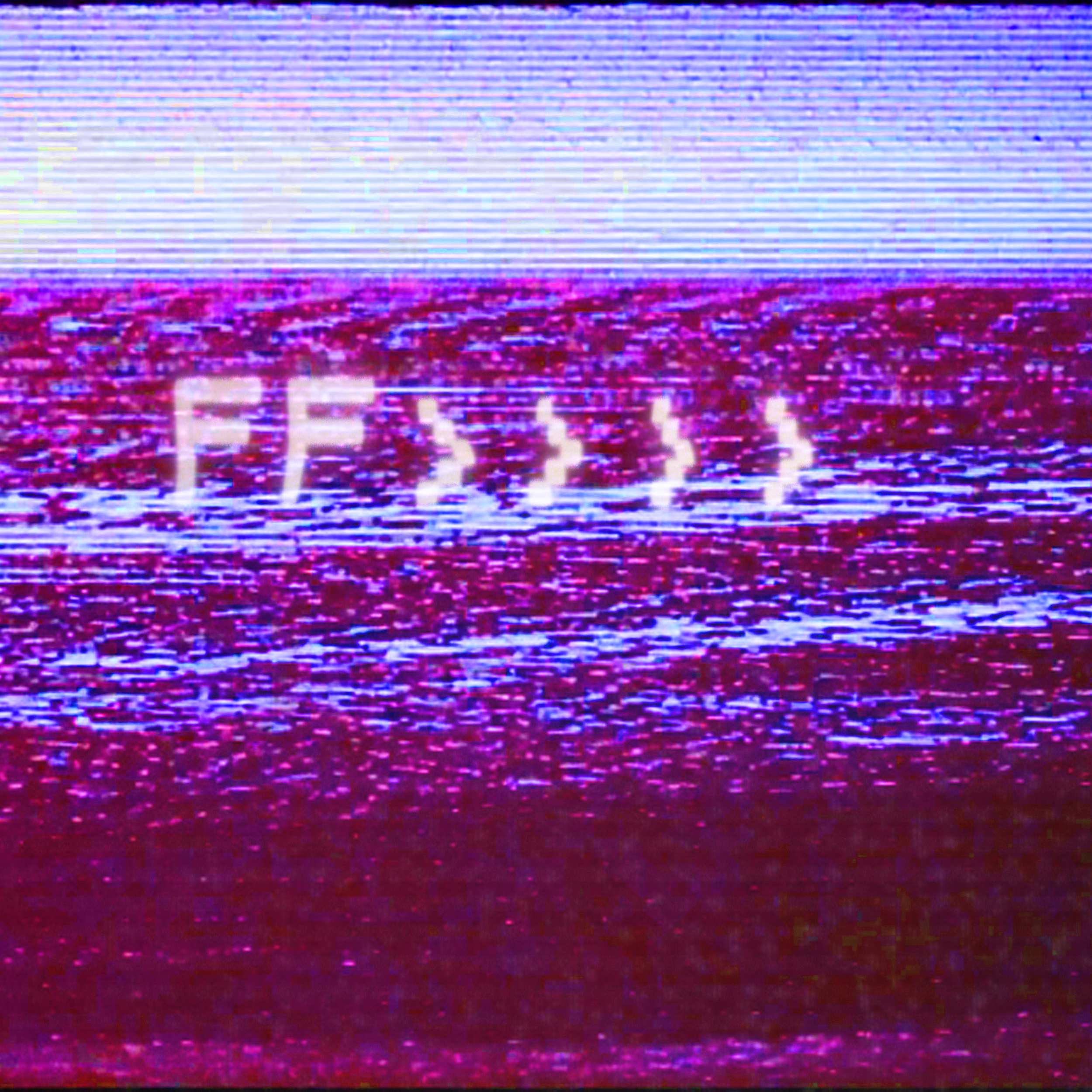
Official Course Description
FAST FORWARD
We live in a society where change occurs at an unprecedented pace. Not only is information on our mobile phones fleeting, but so too are the cities and societies we inhabit. As architects, we must learn to adapt quickly, while also addressing the urgent need to respond to current climatic conditions. The finite nature of resources has made the time factor in construction increasingly critical. We now face a built environment designed under the assumption of limitless abundance. As architects, our role extends beyond the present moment; we must reflect on the past and plan responsibly for the future.
The topic of transformation has been at the center of attention for quite a while. Discussion on how to upgrade thermal performances, how to build with minimum material resources, studies on grid sizes in light of how to efficiently replace programs… But what about space?
We aim to approach this question from both ends, solving an equation with two unknowns to achieve the greatest possible openness. Our pivoting point will allow us to draw conclusions from both sides, acting as a catalyst for transformation. We seek to condense both yesterday and tomorrow into a single semester.
We take our design course to the city of Brussels – the ever-changing capital city of Europe, a city that is under great change at this very moment, and a city without a clear singular identity. We will divide the semester in two parts. The first NEW-BUILD PHASE will be conducted through an initial research on references followed up by a design of a new construction in a given plot in Brussels. This will be followed up by a second UMBAU PHASE which takes on the projects that were designed in the prior phase of the design studio as a ground zero. The exercise is therefore two-fold and collaborative. Designing new constructions with the consciousness that they will further be transformed (thus creating spatial designs that go beyond their programmatic content) as well as exploring various UMBAU methods to adapt to various conditions while maintaining a respectful attitude to the original buildings. The final outcome of the semester will be an ATLAS of CHANGE – that will allow us to draw conclusions for both phases and ultimately lead to the very question of how to form a city of tomorrow.
- Lecturer: Florian Husemeyer
- Lecturer: Johanna Meyer-Grohbrügge
- Lecturer: Yuichiro Onuma
- Lecturer: Marco Luca Reusch
- Lecturer: Leonard Schmidt
- Lecturer: Willi Wagner